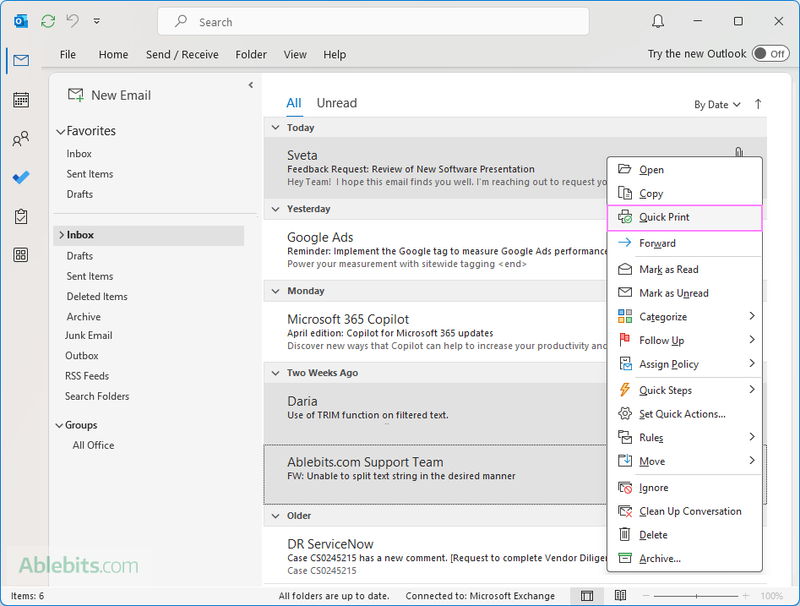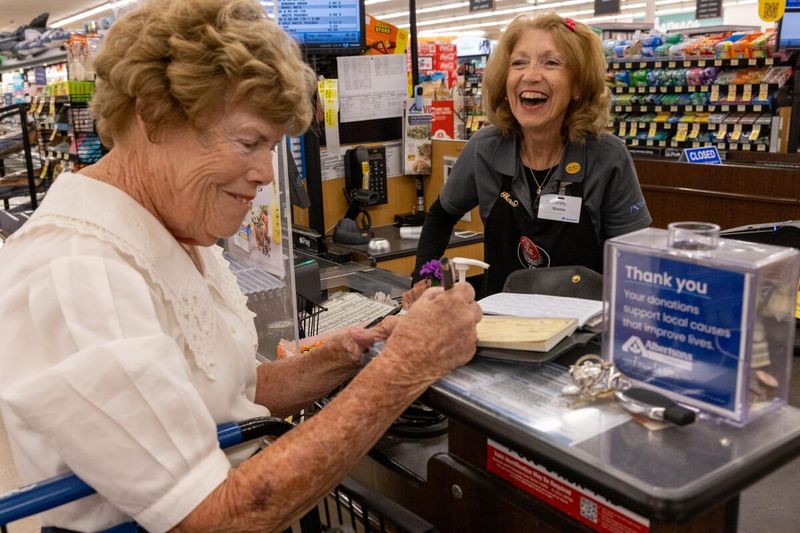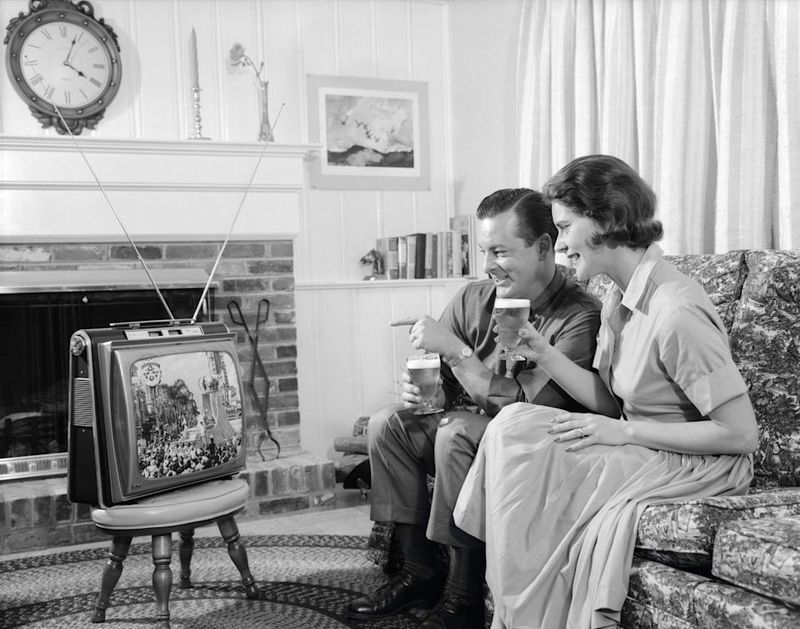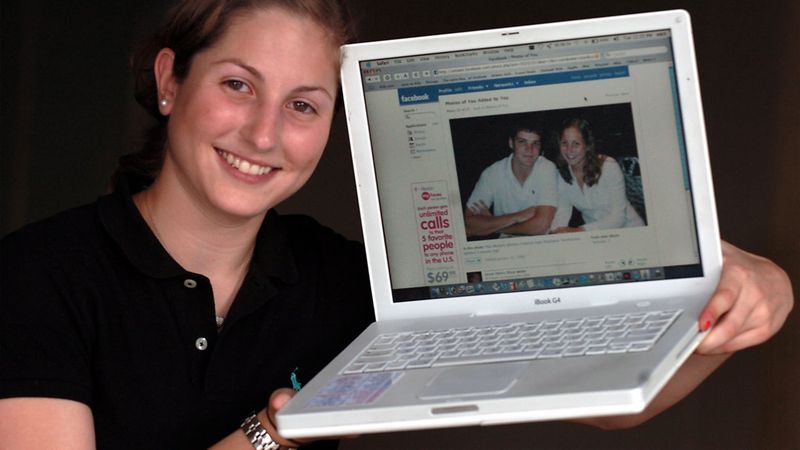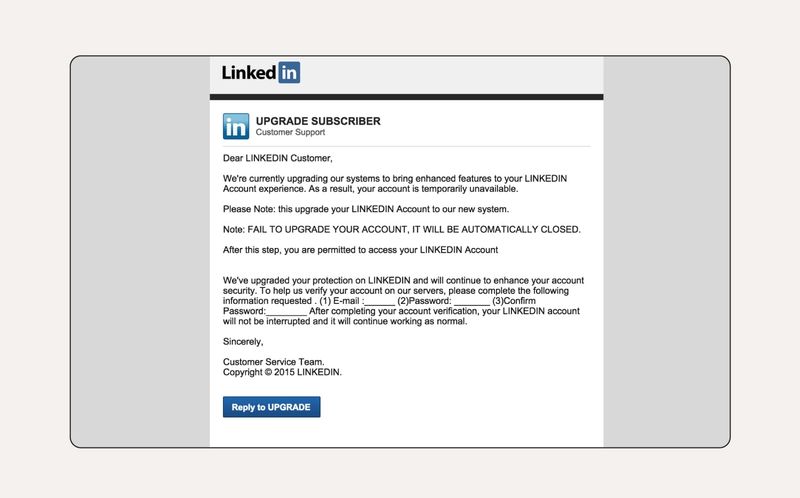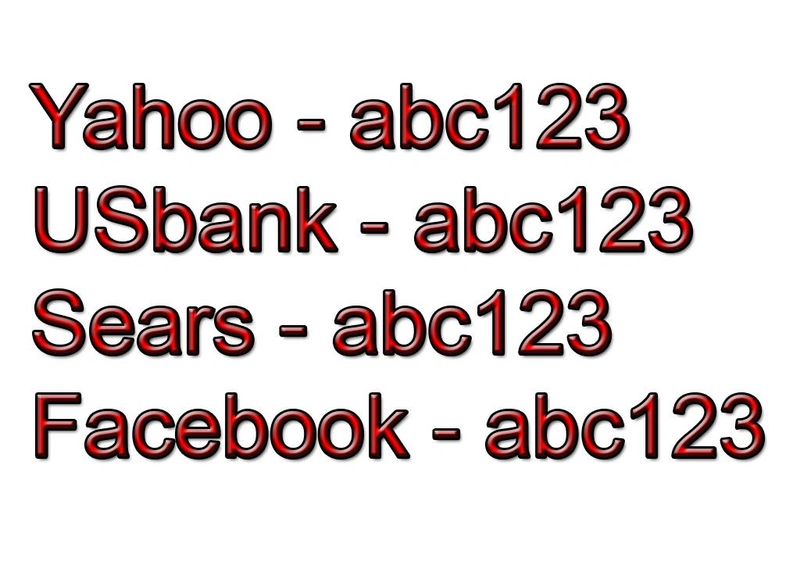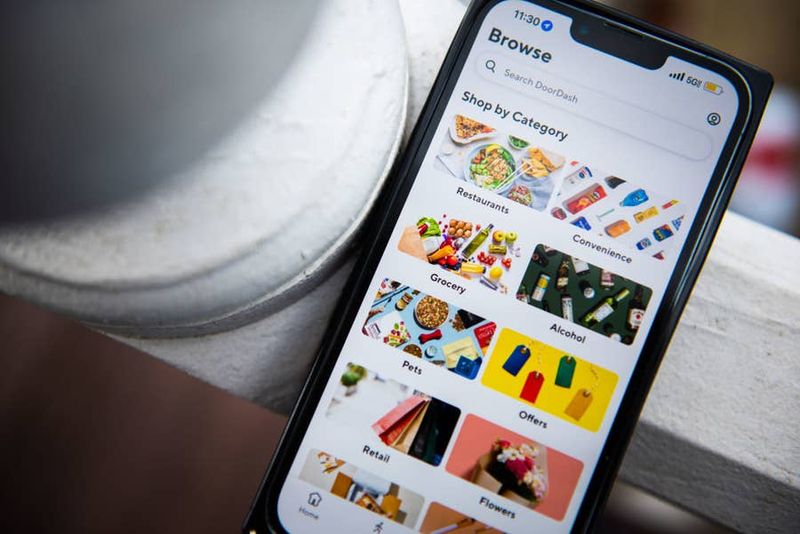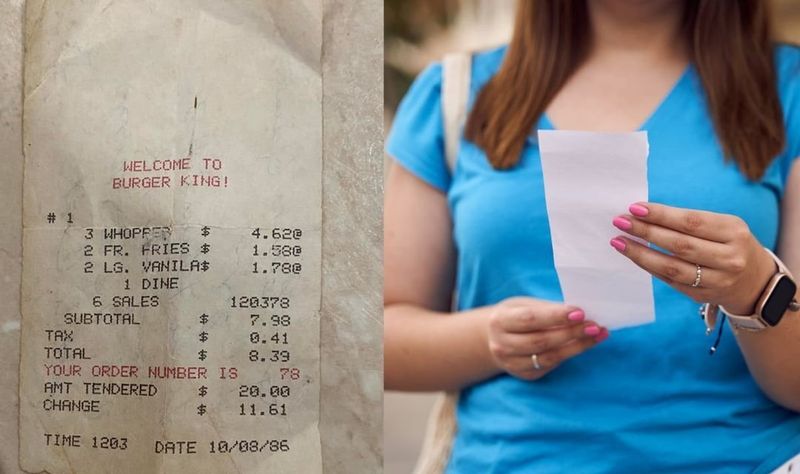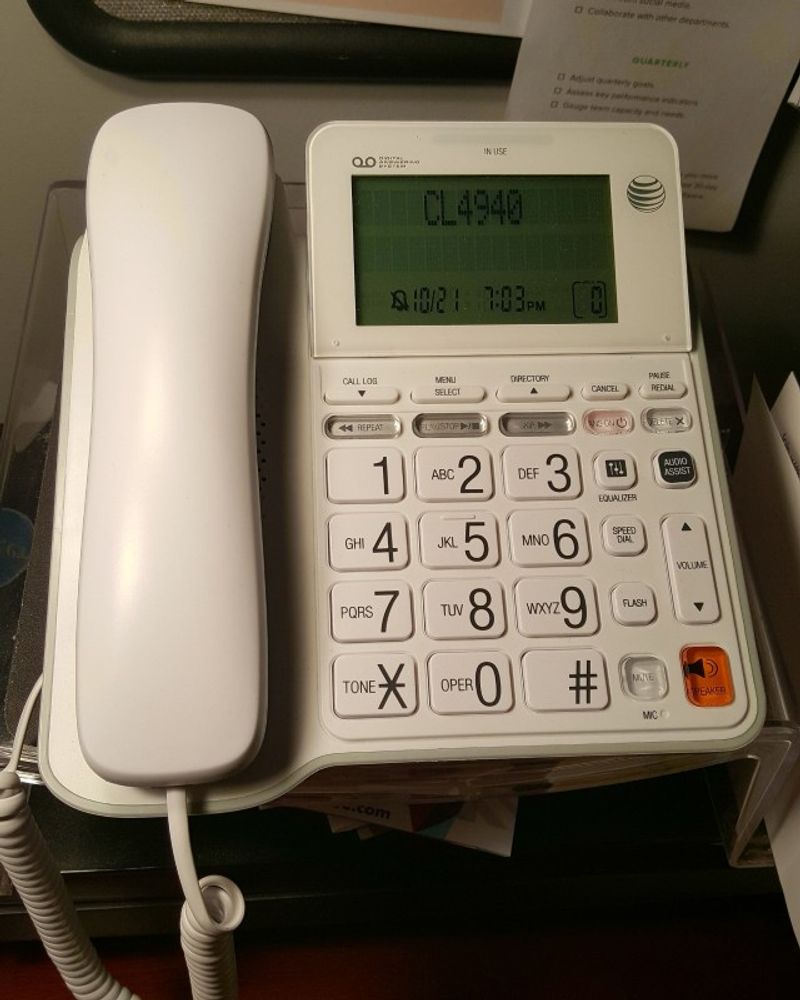Explore the fascinating world of boomer habits that leave younger generations baffled and amused. Discover why these behaviors persist despite the changing times and technological advancements.
1. Printing Emails (and Everything Else)
This habit results in cluttered desks and wasted paper, leaving millennials scratching their heads. Yet, a hard copy feels indispensable to them, providing a sense of security and tangible proof of communication. “I need a hard copy for my records!” they exclaim. For boomers, digital records just don’t hold the same weight. The act of printing bridges a gap between the virtual and the real, offering a semblance of control in an increasingly digital world.
2. Calling Instead of Texting
For boomers, calling is the gold standard of communication. While younger generations prefer quick, concise texts, boomers love hearing a voice on the other end. “It’s more personal!” they argue, willingly interrupting dinner or meetings. This habit might inconvenience others, but for them, a call represents connection and sincerity. A voice conveys emotion in ways words on a screen cannot. It’s not just about the message; it’s about the warmth and authenticity a call can convey. This makes phone calls irreplaceable in their eyes, despite the digital communication age.
3. Writing Checks at the Grocery Store
With digital payments becoming the norm, check writing seems archaic to many. Yet, for boomers, pulling out a checkbook at the grocery store isn’t just a payment method—it’s a statement. “I don’t trust digital payments!” they declare. Despite the eye rolls and sighs from younger shoppers, for boomers, checks provide a physical, tangible transaction record. It’s a ritualistic process, one that has stood the test of time. The familiarity and perceived security of checks make them resistant to change in a tap-to-pay world.
4. Refusing to Use Self-Checkout
As self-checkout lanes proliferate, many boomers cling to the traditional cashier experience. “I’m not doing someone else’s job!” they insist, as they patiently wait their turn in a long line. While speed and convenience are priorities for others, boomers value the human interaction and assurance of a cashier. Self-checkout machines feel foreign and untrustworthy, a far cry from the personal touch they cherish. This reluctance embodies a resistance to technology replacing human jobs and experiences they hold dear, favoring familiarity over efficiency.
5. Saving Every Plastic Container “Just in Case”
In many boomer households, plastic containers are treasures, not trash. The mindset of “You never know when you’ll need one!” leads to cabinets bursting with old margarine tubs and yogurt cups. This habit, born from an era of thrift and resourcefulness, baffles younger generations who opt for organized, minimalist spaces. Yet, for boomers, these containers symbolize preparedness and creativity, embodying a frugal spirit that refuses to waste anything potentially useful. Every container holds potential, and letting go means losing a resource that might come in handy someday.
6. Watching TV at Scheduled Times
For many boomers, the concept of recording or streaming shows doesn’t hold the same allure as live TV. “I like watching my shows when they air!” they insist. It’s a ritual, a reminder of when the family would gather around the TV at a set time. Shows airing live give them a sense of anticipation and connection with a broader community. Despite the convenience of streaming, boomers relish the nostalgic charm of scheduled programming, a comforting routine in a world racing towards on-demand everything.
7. Using Facebook Like It’s 2010
For boomers, Facebook is more than just a platform—it’s a lifeline to family and friends. Despite evolving social media trends, they continue to post chain messages and overshare, believing “It’s how I stay connected!” This habit keeps them anchored in a digital world that constantly shifts. Facebook offers them familiarity and a virtual community, a space where they can share thoughts and experiences with ease. While younger users may cringe at the “type AMEN” posts, for boomers, it’s about staying relevant and connected.
8. Forwarding Obvious Scam Emails
Boomers often fall prey to email scams that seem laughably obvious to others. “But it says I won a Walmart gift card!” they exclaim, forwarding the scam email to friends and family. This trust in written communication hails from a time when mail was reliable and scams were rare. The shock value of winning something too good to be true blinds them to the red flags. While frustrating, this habit reveals a trusting nature and a desire for surprise and joy. For them, hope sometimes outweighs skepticism.
9. Refusing to Google Simple Questions
For boomers, asking questions directly feels more satisfying than searching online. “I’d rather ask a real person,” they often claim. Despite the omnipresence of smartphones, they value the human touch in knowledge exchange. This habit, while perplexing to younger folks who “just Google it,” is rooted in a preference for conversation and connection. They relish the personal touch of shared wisdom, even if it means waiting longer for an answer. The human element, for boomers, adds depth to the information they seek.
10. Hanging Up Without Saying Goodbye
Imagine the surprise when a boomer hangs up without warning. “The conversation was over!” they might insist, leaving the other person speaking into silence. This habit, often perceived as abrupt or impolite by others, is a relic of a time when phone etiquette was less formal. In their minds, once the necessary points are covered, the call naturally concludes. The absence of a formal goodbye isn’t meant to be rude; instead, it’s a straightforward approach to communication that prioritizes efficiency over pleasantry.
11. Writing in ALL CAPS in Texts/Emails
For boomers, typing in all caps feels practical and clear. “IT’S EASIER TO READ!” they assert, unaware of the digital etiquette that equates all caps with shouting. This habit stems from a time when typewriters ruled and capital letters were simply more visible. The emphasis provided by all caps offers clarity and ensures the message is unmistakably received. While younger generations may see it as aggressive, boomers view it as merely functional. It’s a testament to their desire for readability over formality in digital communication.
12. Printing Directions from MapQuest
In an age where GPS guides every turn, some boomers still trust printed directions. “What if my phone dies?” they worry, clutching their MapQuest printouts. This habit reflects a deeper desire for control and reliability in navigation. Printed directions offer a tangible backup plan, a safeguard against technology’s unpredictability. The nostalgia of unfolding a map, following highlighted routes, and the certainty of paper in hand brings comfort. While modern GPS offers convenience, for boomers, the old ways promise consistency and assurance.
13. Using the Same Password for Everything
Security experts cringe when boomers use the same password for everything. “I can remember it!” they claim, valuing simplicity over security. This habit, rooted in an era when passwords were few and far between, feels efficient to them. The dizzying array of accounts and passwords today overwhelms many boomers. A single password offers ease of access in a world where digital barriers grow complex. While it poses significant risks, the familiarity and simplicity of one memorable phrase offer comfort amidst the chaos of digital security.
14. Leaving Voicemails (Especially Long Ones)
In a world where texting reigns supreme, boomers cling to voicemails. “People need to hear my voice!” they assert, leaving lengthy messages. This habit showcases a preference for voice communication and personal touch. Voicemails convey tone and emotion, adding nuance to the message. Despite the brevity and convenience of texting, boomers believe in the power of spoken words. Voicemails offer them a chance to fully express thoughts where text limits them. For boomers, the value of voice remains irreplaceable in ensuring genuine connection.
15. Refusing to Use Food Delivery Apps
While food delivery apps promise convenience, many boomers resist. “I’m not paying extra fees!” they declare, relying instead on traditional home cooking or takeout. This habit reflects a frugal mindset and skepticism towards digital transactions. For boomers, the act of cooking or physically picking up food feels more rewarding and trustworthy. They find joy in the process and control over their meals, avoiding the perceived pitfalls of apps. This choice underscores their preference for tangible experiences over the digital ease offered by modern technology.
16. Keeping Receipts from 1992
Boomers often keep receipts for years, citing “For tax purposes!” as the reason. This habit, rooted in meticulous record-keeping, seems excessive to younger generations. Yet, for boomers, these bits of paper represent diligence and accountability. They offer a paper trail, proof of transactions long past. Sorting through these receipts sparks memories, turning mundane slips into keepsakes of life’s journey. While digital banking offers convenience, boomers value the tangible evidence of their financial history, reflecting a time when physical records were paramount.
17. Saying “Back in My Day…” Unironically
When boomers start with “Back in my day…,” younger folks often brace themselves. “Kids these days have it too easy!” they exclaim, recounting tales of uphill walks to school both ways. This habit reflects nostalgia and a belief in the resilience and simplicity of the past. It’s a way for boomers to share values and lessons learned from a different era. Despite eye rolls from listeners, these stories connect generations, offering glimpses into a world rapidly fading. For boomers, these anecdotes hold truths worth passing down.
18. Using a Physical Alarm Clock
While smartphones offer endless alarm options, many boomers stick to physical alarm clocks. “I don’t want radiation near my bed!” they explain, opting for a traditional ringer. The tangible nature of an alarm clock adds reliability, a comforting presence in a digital age. It symbolizes a sense of routine and predictability, a stalwart against changing times. For boomers, the simple act of winding or setting an alarm clock offers a tactile assurance that digital devices don’t. This habit underscores their preference for the tried-and-true over the new and untested.
19. Printing Photos Instead of Digital Albums
Boomers cherish printed photos, believing “You can’t hold a JPEG!” This habit captures their love for tangible memories. While digital albums offer convenience, the act of flipping through a photo album holds sentimental value. Printed photos evoke nostalgia, allowing them to relive moments with vivid clarity. For boomers, physical photos are cherished relics, irreplaceable by digital screens. Sorting through these images becomes a tactile journey through personal history. This preference highlights their desire to preserve memories in a form that feels authentic and enduring.
20. Refusing to Upgrade from Internet Explorer
In a world racing towards tech innovation, some boomers remain loyal to Internet Explorer. “It works just fine!” they insist, resisting the shift to modern browsers. This habit reveals a comfort with the familiar, a reluctance to embrace change. Internet Explorer offers them stability amidst a sea of constant updates. While younger users enjoy advancements in speed and security, boomers value the consistency and simplicity they know. For them, the browser isn’t just a tool; it’s a steadfast companion in navigating the digital landscape.
21. Saying “The Computer’s Broken” When It Just Needs a Restart
To boomers, tech glitches often signal defeat. “Technology hates me!” they lament, declaring a computer broken when a simple restart suffices. This habit reflects a lack of confidence in troubleshooting, stemming from an era without computers. The rapid pace of tech evolution leaves many boomers feeling alienated, unsure of how systems work. A restart feels like a last resort, not a first step. Their resigned acceptance of “broken” devices underscores a gap in digital literacy, where fear of making things worse overrides the desire to solve problems efficiently.
22. Keeping Landline Phones
In an era dominated by smartphones, boomers cling to landlines, wondering, “What if there’s an emergency?” This habit reflects a commitment to reliability. Landlines offer a stable connection, immune to battery life and signal issues. They represent a time when communication felt secure and uninterrupted. While younger generations embrace mobility, boomers find comfort in the permanence of landlines. This preference speaks to a desire for consistency, where technology serves as a steadfast lifeline rather than a transient convenience.
23. Sending “Thoughts and Prayers” Facebook Posts Instead of Actual Help
In times of crisis, boomers often turn to Facebook to send “Thoughts and prayers.” This habit, while seemingly performative, reflects their belief in the power of collective goodwill. “It’s the thought that counts!” they claim, valuing the sentiment over direct action. For boomers, these posts symbolize solidarity and a way to express care and concern from afar. While younger generations may view it as insufficient, for boomers, it offers a sense of community support and hope. Their intentions are heartfelt, a digital embrace in trying times.

